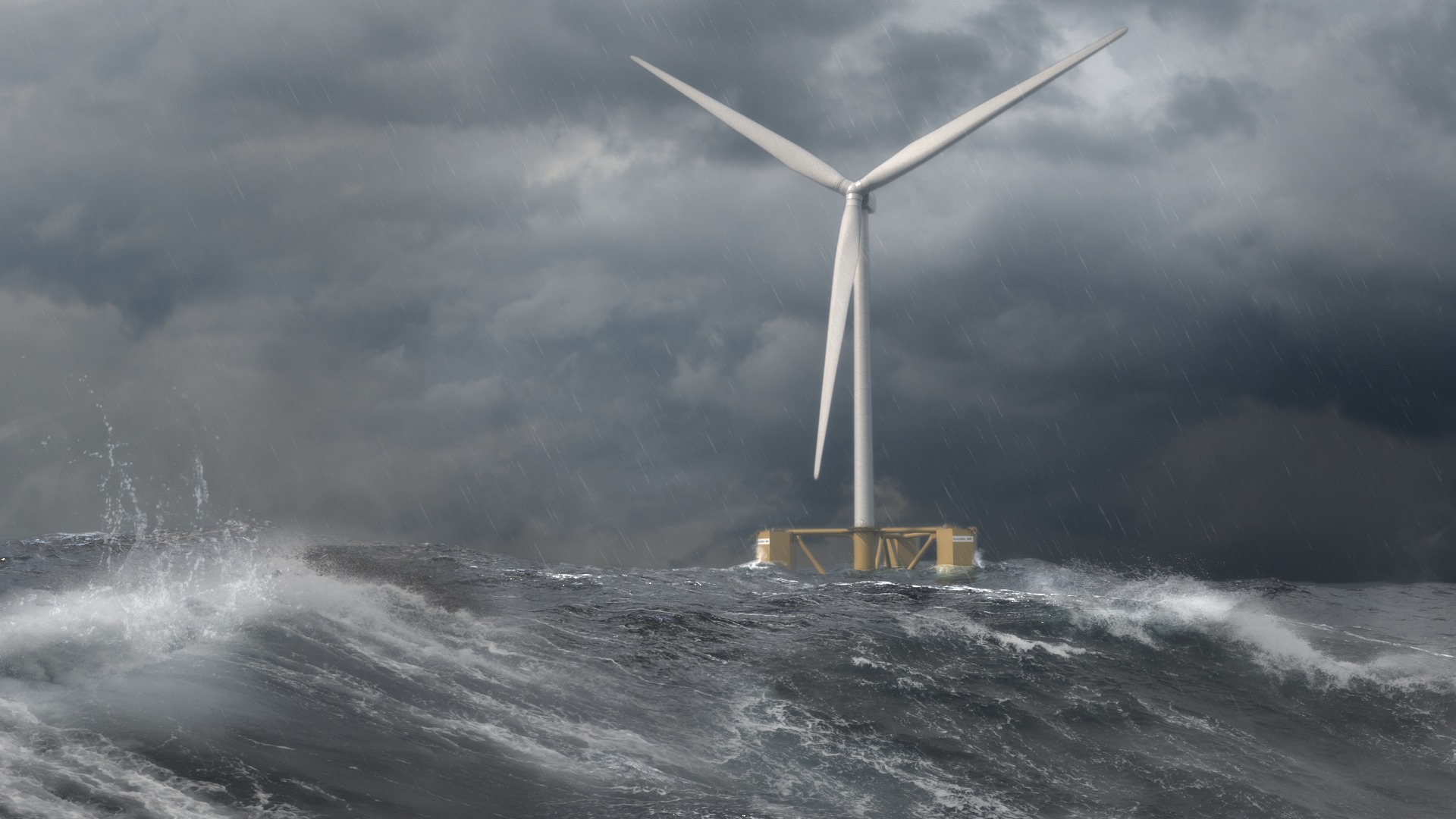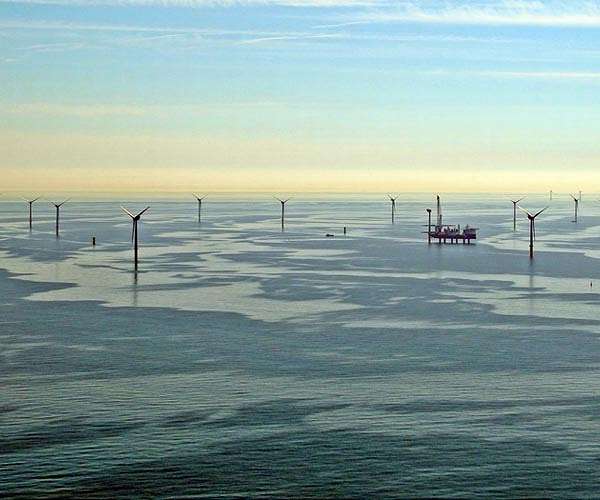
On 2 June, BlueFloat Energy announced that the company had secured contracts for four (floating) offshore wind project sites in the Philippines and thus entry into the country’s offshore wind market.
These are Wind Energy Service Contracts (WESCs), or Offshore Wind (OSW) Service Contracts (SCs), that are being awarded by the Philippines’ Department of Energy, which reported in April that it had allocated as many as 63 OSW SCs with a total potential capacity of 49.9 GW by that time.
BlueFloat Energy acquired contracts for sites that are located offshore Central Luzon, South Luzon, Northern Luzon, and Southern Mindoro.
According to the Philippine media, BlueFloat’s projects have a total capacity of 7.5 GW, with individual offshore wind farms’ capacities ranging between 1.5 and 3.5 GW.
In a press release on 2 June, the Spain-based developer said that it had been working for more than 18 months on unlocking the offshore wind potential in the country and that its plan was to leverage its floating wind expertise and global experience to develop projects along the Philippine coasts.
BlueFloat Energy also said it would work closely with the local communities, government entities, and other stakeholders to ensure that its projects comply with environmental regulations, respect local cultures, and provide long-term benefits for the communities in which it operates.
“BlueFloat Energy’s entry into the Philippine market fits well within the company’s strategy for the Asia Pacific region, with project developments already underway in Australia (first feasibility license application submitted for Greater Gippsland area in April this year), New Zealand and Taiwan. BlueFloat Energy now looks forward to supporting the Philippine government in the deployment of the cutting-edge floating wind technology and paving the way for the energy transition”, the company states in the press release.
In 2019, the World Bank published a report that estimates the Philippines’ technical offshore wind potential to be around 178 GW, with 18 GW of potential suitable for bottom-fixed and 160 GW for floating wind technology.
In April last year, the World Bank and the Philippines’ Department of Energy (DOE) launched The Philippines Offshore Wind Roadmap, according to which the country has the potential to install as much as 21 GW of offshore wind capacity by 2040 with the right governmental and policy support.
In the roadmap, the World Bank also explains that the Wind Energy Service Contracts (WESCs) grant developers exclusive rights to explore, develop and utilise offshore wind resources over a specific contract area.
“The WESC, by itself, is sufficient legal right to the developer. Under existing DOE guidelines, there is no separate agreement or permit required for the lease of OSW areas approved by the DOE under
the WESC”.
This April, the Philippines’ President, Ferdinand R. Marcos Jr., issued Executive Order No. 21 on 19 April, directing the country’s Department of Energy to put together a policy and administrative framework for offshore wind development and to commence work related to grid development.
The Department of Energy is expected to formulate and issue a policy and administrative framework for the optimal development of the country’s offshore wind resources by the end of June as the Executive Order has given the DOE two months to do so.
ADVERTISE ON OFFSHOREWIND.BIZ
Get in front of your target audience in one move! OffshoreWIND.biz is read by thousands of offshore wind professionals daily.






